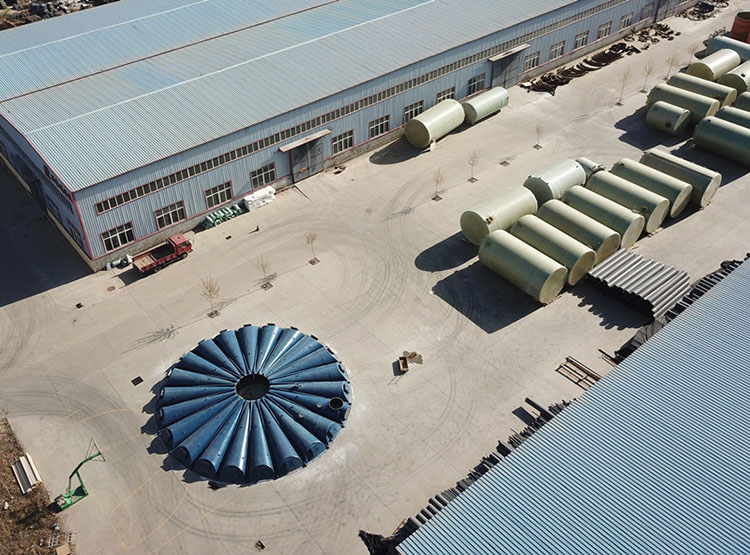
-
 Afrikaans
Afrikaans -
 Albanian
Albanian -
 Amharic
Amharic -
 Arabic
Arabic -
 Armenian
Armenian -
 Azerbaijani
Azerbaijani -
 Basque
Basque -
 Belarusian
Belarusian -
 Bengali
Bengali -
 Bosnian
Bosnian -
 Bulgarian
Bulgarian -
 Catalan
Catalan -
 Cebuano
Cebuano -
 China
China -
 China (Taiwan)
China (Taiwan) -
 Corsican
Corsican -
 Croatian
Croatian -
 Czech
Czech -
 Danish
Danish -
 Dutch
Dutch -
 English
English -
 Esperanto
Esperanto -
 Estonian
Estonian -
 Finnish
Finnish -
 French
French -
 Frisian
Frisian -
 Galician
Galician -
 Georgian
Georgian -
 German
German -
 Greek
Greek -
 Gujarati
Gujarati -
 Haitian Creole
Haitian Creole -
 hausa
hausa -
 hawaiian
hawaiian -
 Hebrew
Hebrew -
 Hindi
Hindi -
 Miao
Miao -
 Hungarian
Hungarian -
 Icelandic
Icelandic -
 igbo
igbo -
 Indonesian
Indonesian -
 irish
irish -
 Italian
Italian -
 Japanese
Japanese -
 Javanese
Javanese -
 Kannada
Kannada -
 kazakh
kazakh -
 Khmer
Khmer -
 Rwandese
Rwandese -
 Korean
Korean -
 Kurdish
Kurdish -
 Kyrgyz
Kyrgyz -
 Lao
Lao -
 Latin
Latin -
 Latvian
Latvian -
 Lithuanian
Lithuanian -
 Luxembourgish
Luxembourgish -
 Macedonian
Macedonian -
 Malgashi
Malgashi -
 Malay
Malay -
 Malayalam
Malayalam -
 Maltese
Maltese -
 Maori
Maori -
 Marathi
Marathi -
 Mongolian
Mongolian -
 Myanmar
Myanmar -
 Nepali
Nepali -
 Norwegian
Norwegian -
 Norwegian
Norwegian -
 Occitan
Occitan -
 Pashto
Pashto -
 Persian
Persian -
 Polish
Polish -
 Portuguese
Portuguese -
 Punjabi
Punjabi -
 Romanian
Romanian -
 Russian
Russian -
 Samoan
Samoan -
 Scottish Gaelic
Scottish Gaelic -
 Serbian
Serbian -
 Sesotho
Sesotho -
 Shona
Shona -
 Sindhi
Sindhi -
 Sinhala
Sinhala -
 Slovak
Slovak -
 Slovenian
Slovenian -
 Somali
Somali -
 Spanish
Spanish -
 Sundanese
Sundanese -
 Swahili
Swahili -
 Swedish
Swedish -
 Tagalog
Tagalog -
 Tajik
Tajik -
 Tamil
Tamil -
 Tatar
Tatar -
 Telugu
Telugu -
 Thai
Thai -
 Turkish
Turkish -
 Turkmen
Turkmen -
 Ukrainian
Ukrainian -
 Urdu
Urdu -
 Uighur
Uighur -
 Uzbek
Uzbek -
 Vietnamese
Vietnamese -
 Welsh
Welsh -
 Bantu
Bantu -
 Yiddish
Yiddish -
 Yoruba
Yoruba -
 Zulu
Zulu
frp rectangular tank
Understanding FRP Rectangular Tanks A Comprehensive Overview
FRP (Fiber Reinforced Plastic) rectangular tanks have gained immense popularity in various industries due to their remarkable properties and advantages. These tanks are engineered from a combination of polymer resin and glass fibers, resulting in a lightweight yet incredibly strong product. Their unique construction allows them to withstand corrosive environments, making them an ideal choice for chemical storage, wastewater treatment, and agricultural applications.
Understanding FRP Rectangular Tanks A Comprehensive Overview
Another significant advantage of FRP rectangular tanks is their lightweight nature. Compared to metal tanks, FRP tanks are considerably lighter, which simplifies transportation, installation, and handling. This feature is particularly beneficial in areas where heavy lifting equipment is not available. Additionally, the reduced weight contributes to lower transportation costs and easier site assembly, making them a cost-effective solution for many businesses.
frp rectangular tank

Furthermore, the design versatility of FRP rectangular tanks enables them to be tailored to meet specific volume and shape requirements. Whether a facility needs a large tank for bulk storage or a smaller tank for specialized applications, FRP can be molded into various sizes and configurations. This adaptability makes FRP tanks suitable for a wide range of industries, including water treatment plants, chemical processing facilities, and food and beverage manufacturing.
The thermal insulation properties of FRP tanks also set them apart. They help maintain temperature-sensitive contents, reducing energy costs associated with heating or cooling. This feature is particularly advantageous for the storage of liquids that require specific temperature controls. Additionally, the smooth surface finish of FRP tanks prevents the accumulation of dirt and contaminants, further ensuring the integrity of the stored materials.
In conclusion, FRP rectangular tanks offer a multitude of benefits that make them a preferred choice for various sectors. Their corrosion resistance, lightweight nature, design flexibility, and thermal insulation capabilities position them as an excellent alternative to traditional storage solutions. As industries continue to seek efficient and durable storage options, FRP tanks are likely to remain at the forefront of technological advancements, providing reliable and cost-effective solutions for a wide array of applications. Investing in FRP rectangular tanks not only enhances operational efficiency but also contributes to long-term sustainability by minimizing environmental impact.









